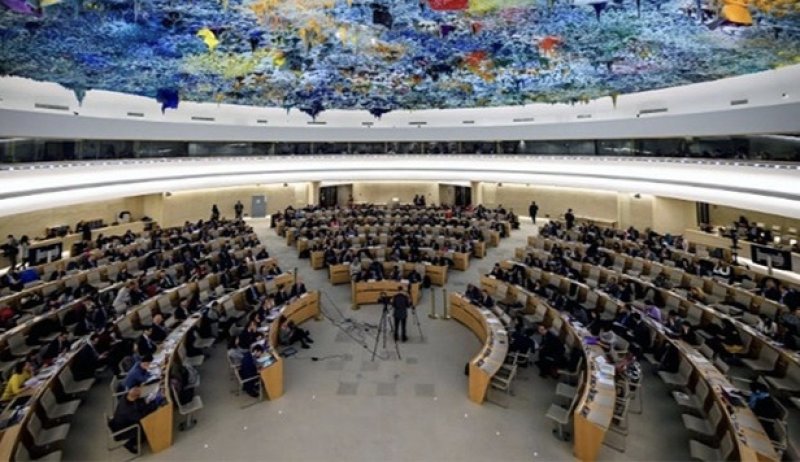
The resolution was introduced and sponsored by a core group of countries comprising the United Kingdom, Canada, Malawi, Montenegro, and North Macedonia.
The resolution recognises steps taken by Sri Lanka’s current Government to tackle longstanding human rights issues arising from decades of ethnic conflict.
However, it emphasises that these commitments must be translated into concrete actions. Key recommendations include the exhumation of mass graves to provide answers to families of the disappeared, the establishment of an independent prosecutor’s office to investigate conflict-era violations, and the repeal or reform of legislation such as the Prevention of Terrorism Act and the Online Safety Act to ensure compliance with international human rights standards.
The resolution further calls for an end to the surveillance, harassment, and intimidation of human rights defenders and families of the disappeared. It underscores the role of the UN Office of the High Commissioner for Human Rights (OHCHR) in providing technical assistance, monitoring, and reporting to facilitate accountability and reconciliation in Sri Lanka.
Sri Lanka has argued that external mechanisms undermine the country’s sovereignty and the Government’s ongoing efforts to address human rights issues through domestic processes.
Sri Lanka earlier stressed that accountability should be pursued within Sri Lanka’s own legal framework and institutions, and highlighted the Government’s commitment to establishing a Truth and Reconciliation Commission as part of its national reconciliation initiatives.